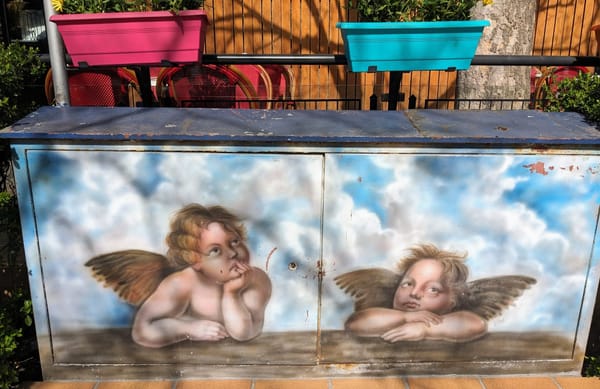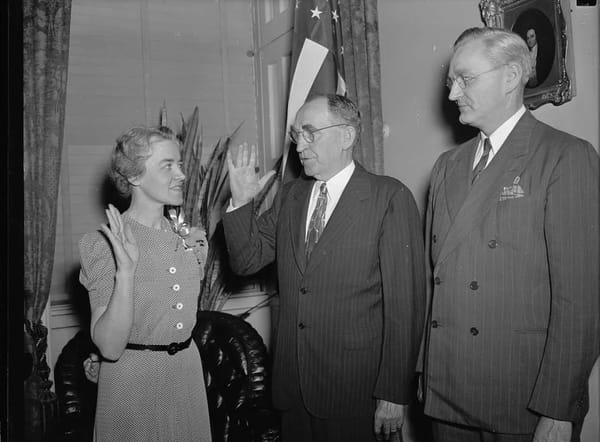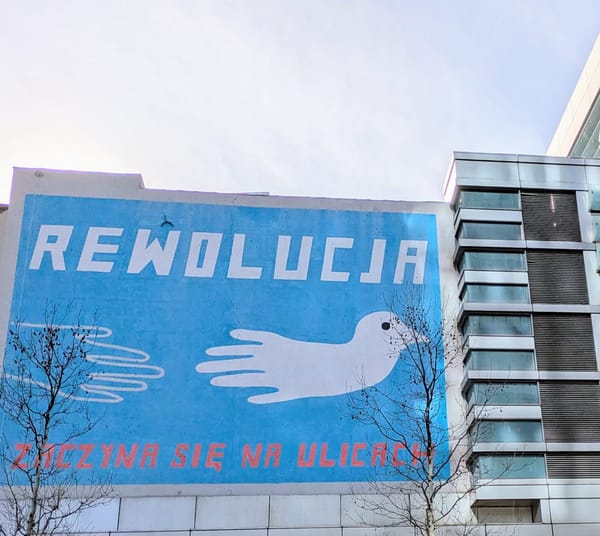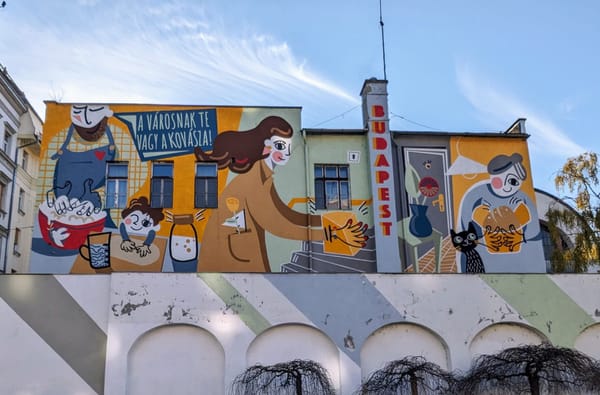Letter to a Ukrainian journalist
On the occasion of a broken alliance between nations, let's collaborate better as global citizens
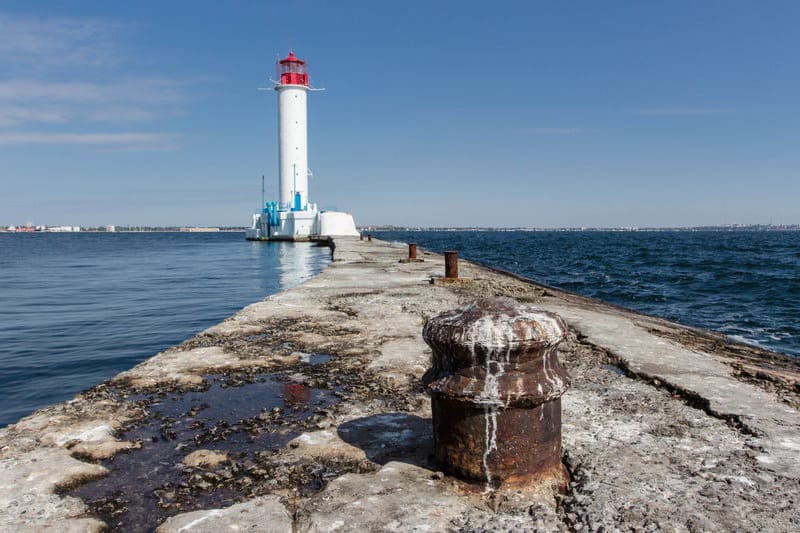
Dear frolleague,
I have no words. You visited my country last week. Meanwhile, back in Ukraine, your fellow reporters, friends, and family marked three years of full scale war on your country. And faced more attacks. I understand your experience here was mixed, and you wondered why Americans largely seem to miss the gravity of the moment and the price of inaction—less for Ukrainians than for ourselves and our own future. And then, upon landing back in Europe, you watched that moment when your president sat in the oval office and faced treatment at once absurd and familiar.
Thanks for reading Notes from New Europe. This post is public so please share it.
Anyone who has been bullied recognized the dynamic. And likely appreciated your president holding his ground and trying to counter the disinformation amplification, to the world if not to the people in the room. So we are past the point where words of assurance and support hold much weight. You noted to me after one of your sessions in D.C that people here are getting good at expressing empathy, yet still do not demonstrate a penchant for (or an interest in?) developing and implementing ideas for substantive support and strategic planning. As we have learned over the last two months, it is possible to be unsurprised AND stunned at the same time.
Many of our peers in this collective global community of curious journalists analyzed what the likely effect of a second Trump administration on communities domestic and abroad; on global efforts to protect and enhance civic society; on wars in general; and on the war on Ukraine in particular would be. Yet we stood unprepared and now lie flat, stunned by the speed with which an efficient dismantling of norms and process has wrought.

You can be forgiven for expecting more from your peers here in the US. Those of us working within American journalism have no excuse. You are right: our actions do not reflect an appreciation for the gravity of the situation. We are frequently guilty of sanewashing, in which we put out headlines and ledes that, while not factually inaccurate, are nevertheless not honest reflections of what is happening. For the most part, we collectively have not moved past political constructs in our coverage of the war on Ukraine. We tend to be afraid to do our job, as we think too much about preserving our work and our institutions.
Notes from New Europe is a reader-supported publication. To receive new posts and support my work, consider becoming a free or paid subscriber.
We are effectively subverting acts of journalism to the product of journalism. We have a serious leadership deficit at a time when we need leadership (drawing an important distinction here, because we can’t wait for current leaders to lead if we are to bring on the growth we need) more than ever. Still, we have arguably the most capable collection of journalists in the world here in the US. If we look at the role of journalism and journalists, rather than media institutions, perhaps we will begin to develop new paths to respond to the global cynicism and the dangerous despair so many are feeling.
In February of 2022, as Kremlin forces were gathering to ramp up the full scale war on Ukraine, I was in a WhatsApp group with journalists with whom I traveled to Odesa two years prior. The group was a mix of people from Ukraine, Poland, Czechia, Germany and other countries throughout the region, along with a couple of Americans. Without betraying confidences, I can share that I remember the conversation shifting over the course of a week, from questions around how seriously to take the threat of war, to a plea to for those of us in Germany and the US to help politicians in our countries to understand the urgency for meaningful sanctions. Before contact with those in Ukraine ceased, we were left with a direct request: If you want to help us now, you will just send money for guns.
While that was not a line I could personally cross, I appreciated the request and what it meant for journalists there to have to make such a request. I developed my own approach, which led eventually to my year in Bulgaria, and to a better set of contacts and colleagues fighting hybrid warfare against Ukraine, Europe, and civic society around the globe. We are at another inflection point, and it is time for new plans and collective action. How do we share the load with one another for a better global response to this crisis?
Immodest proposal 1: Collaborative fundraising
Given the pressing need for funding of your work and other independent media organizations, might we consider a newish fundraising model? Most public radio stations in the US will be having their annual spring drives in late March/early April. For myriad reasons the big public radio program producers have failed to prepare Americans for the fullness of the global threat of efficient hybrid warfare in Europe, Africa, and Central and East Asia in particular. Can we get them to ask people to opt in to an additional dollar, five dollars, 10 dollars or more to support journalists in need around the globe? What if The New York Times, The Guardian, The Conversation, The Washington Post…erm, well maybe not them. We would need a clearinghouse organization to distribute these funds, and between us and our colleagues throughout Europe, we know some options.
Immodest proposal 2: American journalists listen
With the decline of investment for foreign reporting at US media organizations, most newsrooms I speak with are unprepared in very basic ways to provide context for Kremlin hybrid efforts in Ukraine, Moldova, Uganda, Congo, the DRC, Venezuela, Laos... Perhaps we need frame-checkers. Can we set up databases of journalists around the globe to join editorial meetings and provide the needed context--historical, economic, cultural--around news events?
How might US editors and producers connect with your editorial meetings, to listen in and offer up ideas for effective storytelling from beyond your borders? I have spoken with several people who are ready to help though are not sure how. This would be a relatively easy first step.
Thank you for indulging this modest effort to shift our conversation from problems and despair to problem solving and, yup, finding green shoots of hope. Please share with our colleagues and their staffs, when and if you have the time, and keep pushing (not asking) for collaboration and support.
